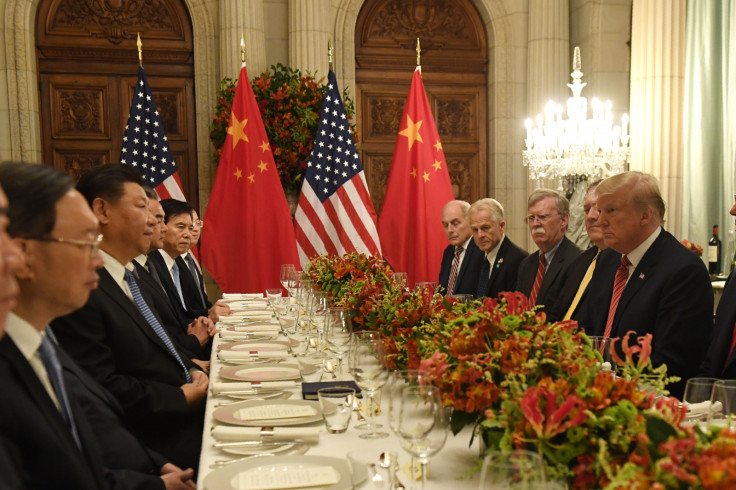US-China trade war: Trump Admin blacklists Chinese facial recognition firms
The administration states that the step has been taken due to "human rights concerns."
The US-China Trade war is showing no signs of slowing down anytime soon. The US is increasingly adding Chinese companies to its "entity list" – which is a subtle way of saying that it is blacklisting them over human rights concerns.
The country has added 28 Chinese firms to this list, most of which are working in the field of artificial intelligence and facial recognition.
The Trump administration has banned them from working with, selling to and buying from US-based companies.
However, there is a difference this time, in the reason cited behind the ban. While previous bans such as the Huawei ban were done due to security and intellectual property violation concerns, this one has been because of the "implementation of China's campaign of repression, mass arbitrary detention, and high-technology surveillance against Uighurs, Kazakhs and other members of Muslim minority groups." This refers to the country's mass detention and suspected organ harvesting of Uighur and other Muslims in the Xinjiang province of China.
According to the administration, facial recognition firms have played a big role in identifying the detained population. The firms that have come under the blacklist include the world's largest CCTV makers, Hangzhou Hikvision Digital Technology Co. and Zhejiang Dahua Technology Co.

Both companies have made cameras that have facial recognition capabilities. Other entries in the list are also interesting – SenseTime Group Ltd., is one of the world's most valuable artificial intelligence startups and Megvii Technology Limited. Both these companies are backed by Chinese e-tailer Alibaba. Yitu Technology is a motion-sensing AI company, iFlytek works in voice recognition, Xiamen Miya Pico Information is a data forensics company and Yixin Science and Technology Company is nanotech science firm.
Hikvision, the most well-known of these companies, sells CCTV cameras globally. On the contrary, it claims that this effort by the US government will hamper "efforts by global companies to improve human rights around the world."
It also claimed that this will "hurt its US business partners and negatively impact the US economy."
While these companies have a ban on them, the Trump administration has given their US partners the option to apply for a license to sell them products they need. Or, they can sell goods they make outside the US, which is what Huawei's suppliers are doing.
© Copyright IBTimes 2024. All rights reserved.





